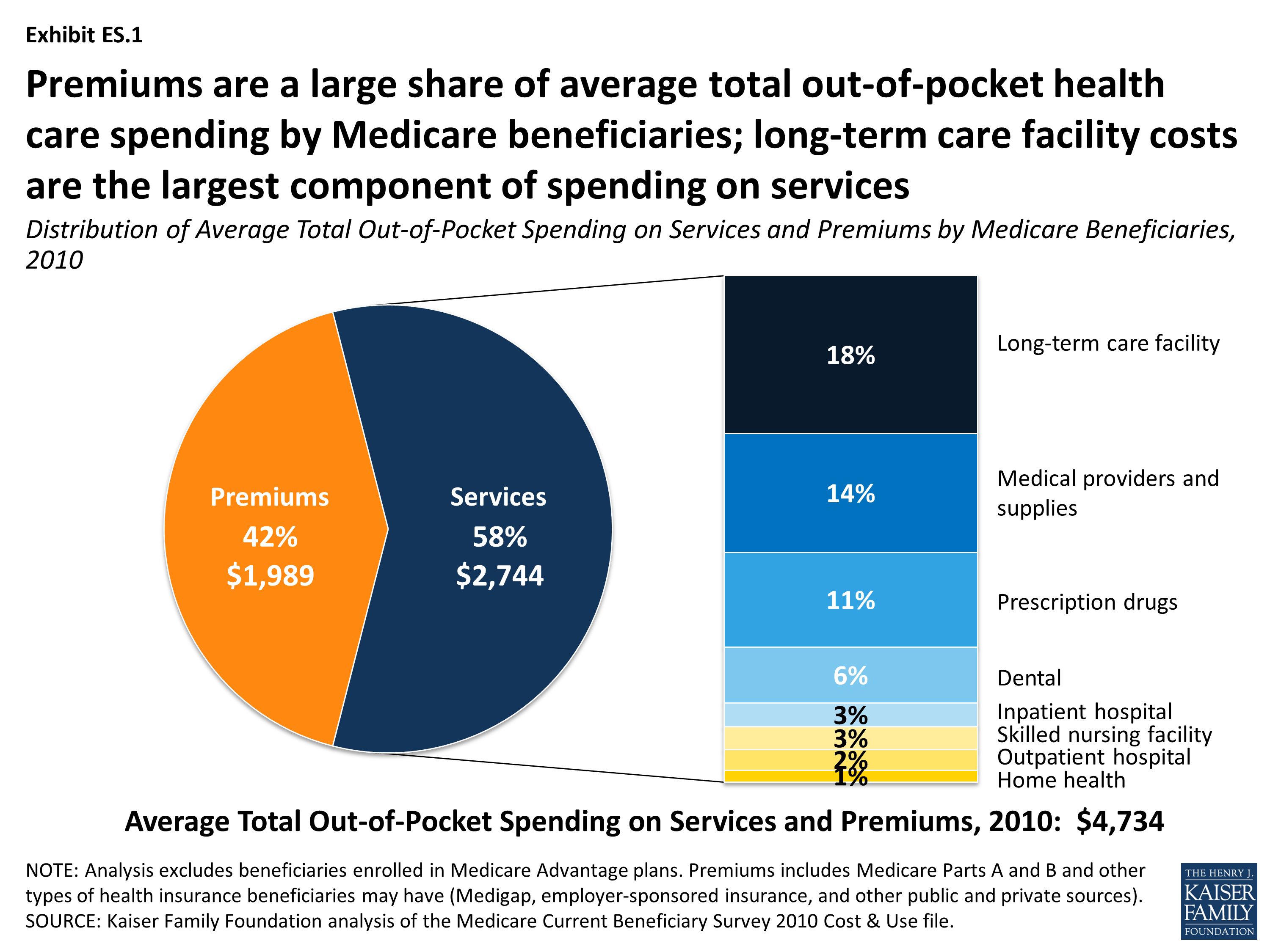The population of Tamil Nadu has considerably benefited, for example, from its splendidly run mid-day meal service in schools and from its extensive system of nutrition and healthcare of pre-school children. The message that striking benefits can be gained from serious attempts at institutingor even moving towardsuniversal health care is tough to miss out on.
Maybe most notably, it implies including women in the shipment of health and education in a much bigger way than is typical in the establishing world. The question can, however, be asked: how does universal health care become cost effective in poor nations? Certainly, how has UHC been managed in those nations or states that have run versus the prevalent and established belief that a bad country must initially grow rich before it is able to satisfy the costs of healthcare for all? The supposed sensible argument that if a nation is bad it can not provide UHC is, however, based on crude and faulty financial thinking (how to take care of mental health).
A poor country might have less money to invest in health care, however it likewise requires to invest less to supply the very same labour-intensive services (far less than what a richerand higher-wageeconomy would need to pay). Not to take into consideration the implications of large wage distinctions is a gross oversight that misshapes the discussion of the price of labour-intensive activities such as healthcare and education in low-wage economies.
Provided the hugely unequal circulation of incomes in lots of economies, there can be serious inefficiency in addition to unfairness in leaving the circulation of health care totally to individuals's particular capabilities to buy medical services. UHC can produce not only greater equity, however also much bigger overall health accomplishment for the nation, given that the remedying of a lot of the most quickly treatable diseases and the prevention of easily preventable ailments get overlooked under the out-of-pocket system, since of the inability of the bad to manage even extremely elementary healthcare and medical attention.
This is not to deny that remedying inequality as much as possible is an important valuea topic on which I have edited many decades. Reduction of financial and social inequality likewise has critical relevance for great health. Conclusive proof of this is supplied in the work of Michael Marmot, Richard Wilkinson and others on the "social factors of health", showing that gross inequalities damage the health of the underdogs of society, both by undermining their way of lives and by making them prone to harmful behaviour patterns, such as cigarette smoking and excessive drinking.
Healthcare for all can be implemented with relative ease, and it would https://t.co/uRLbCp38aJ?amp=1 be a shame to delay its accomplishment up until such time as it can be combined with the more intricate and hard goal of removing all inequality. Third, numerous medical and health services are shared, instead of being solely utilized by each specific independently.
Little Known Questions About What Does Home Health Care Do.
Healthcare, therefore, has strong elements of what in economics is called a "collective excellent," which usually is very inefficiently designated by the pure market system, as has actually been extensively gone over by economic experts such as Paul Samuelson. Covering more people together can often cost less than covering a smaller number separately.
Universal coverage avoids their spread and cuts expenses through much better epidemiological care. This point, as used to individual regions, has been acknowledged for a long time. The conquest of epidemics has, in truth, been accomplished by not leaving anybody without treatment in regions where the spread of infection is being tackled.
Right now, the pandemic of Ebola is causing alarm even in parts of the world far away from its location of origin in west Africa. For example, the US has taken numerous costly steps to prevent the spread of Ebola within its own borders. Had there worked UHC in the native lands of the illness, this issue might have been mitigated or perhaps eliminated (who is eligible for care within the veterans health administration?).
The calculation of the supreme financial expenses and advantages of healthcare can be a far more intricate process than the universality-deniers would have us believe. In the absence of a fairly well-organised system of public health care for all, many individuals are afflicted by costly and inefficient personal health care (what might happen if the federal government makes cuts to health care spending?). As has actually been evaluated by lots of economists, most especially Kenneth Arrow, there can not be an educated competitive market stability in the field of medical attention, due to the fact that of what financial experts call "uneven details".
Unlike in the market for many products, such as shirts or umbrellas, the buyer of medical treatment knows far less than what the seller the doctordoes, and this vitiates the effectiveness of market competition. This applies to the marketplace for medical insurance as well, since insurer can not totally understand what clients' health conditions are.

And there is, in addition, the much bigger issue that private insurance business, if unrestrained by regulations, have a strong financial interest in omitting patients who are required "high-risk". So one way or another, the government needs to play an active part in making UHC work. The issue of uneven details uses to the shipment of medical services itself.
All About Countries Whose Health Systems Are Oriented More Toward Primary Care Achieve:
And when medical personnel are limited, so that there is not much competition either, it can make the predicament of the buyer of medical treatment even worse. In addition, when the supplier of health care is not himself qualified (as is typically the case in many countries with deficient health systems), the circumstance worsens still.
In some countriesfor example Indiawe see both systems operating side by side in various states within the nation. A state such as Kerala provides fairly reputable fundamental health care for all through public servicesKerala originated UHC in India several years ago, through substantial public health services. As the population of Kerala has grown richerpartly as a result of universal healthcare and near-universal literacymany people now pick to pay more and have extra private healthcare.

On the other hand, states such as Madhya Pradesh or Uttar Pradesh provide plentiful examples of exploitative and inefficient healthcare for the bulk of the population. Not surprisingly, individuals who live in Kerala live a lot longer and have a much lower occurrence of avoidable illnesses than do people from states such as Madhya Pradesh or Uttar Pradesh.
In the absence of methodical take care of all, illness are typically enabled to establish, which makes it much more pricey to treat them, often involving inpatient treatment, such as surgical treatment. Thailand's experience plainly shows how the requirement for more costly treatments may go down dramatically with fuller coverage of preventive care and early intervention.
If the development of equity is one of the rewards of well-organised universal healthcare, improvement of performance in medical attention is undoubtedly another. The case for https://goo.gl/maps/sHJb17sjJVoa157i8 UHC is frequently undervalued due to the fact that of insufficient appreciation of what well-organised and cost effective health care for all can do to enhance and enhance human lives.
In this context it is also needed to bear in mind an essential tip consisted of in Paul Farmer's book Pathologies of Power: Health, Person Rights and the New War on the Poor: "Claims that we reside in a period of limited resources fail to mention that these resources happen to be less minimal now than ever prior to in human history.